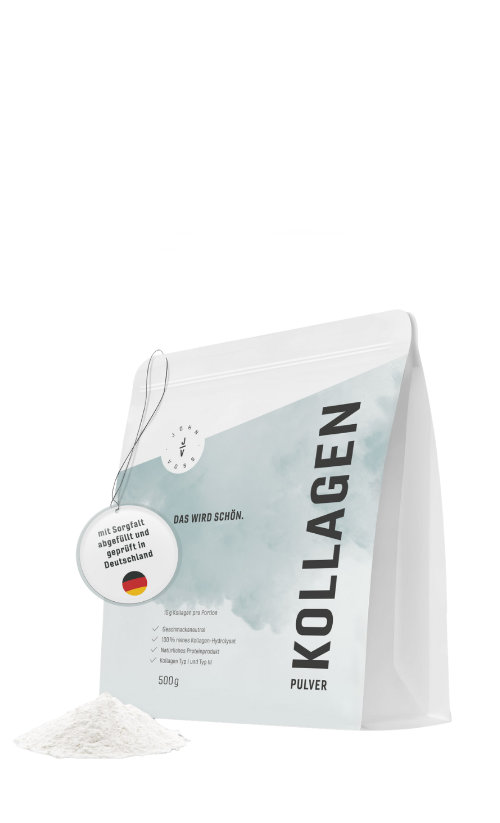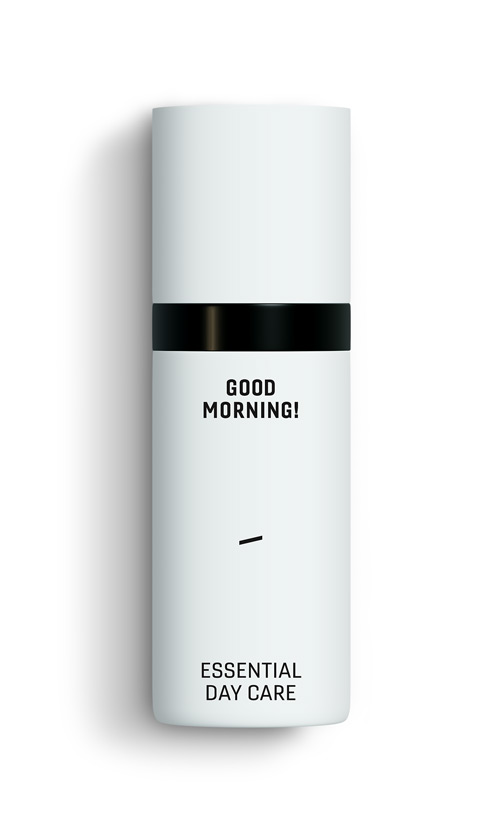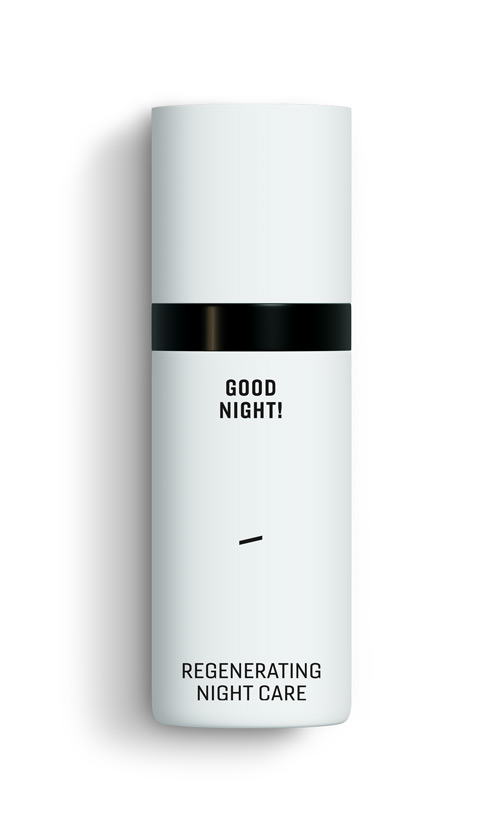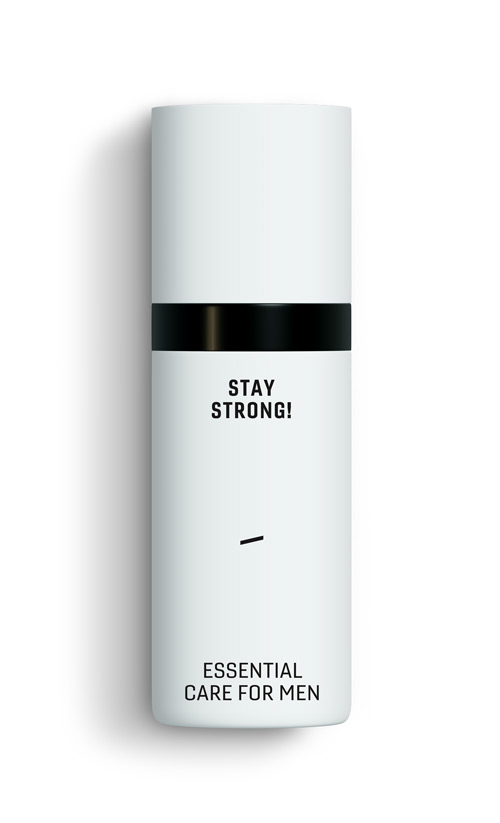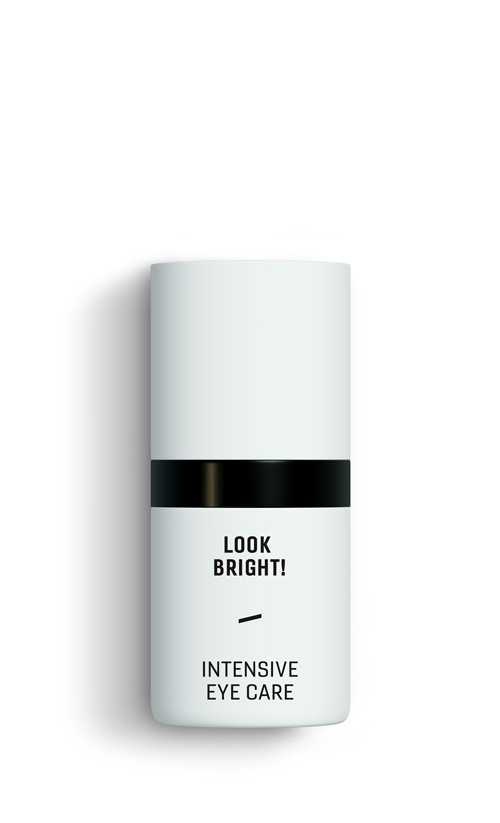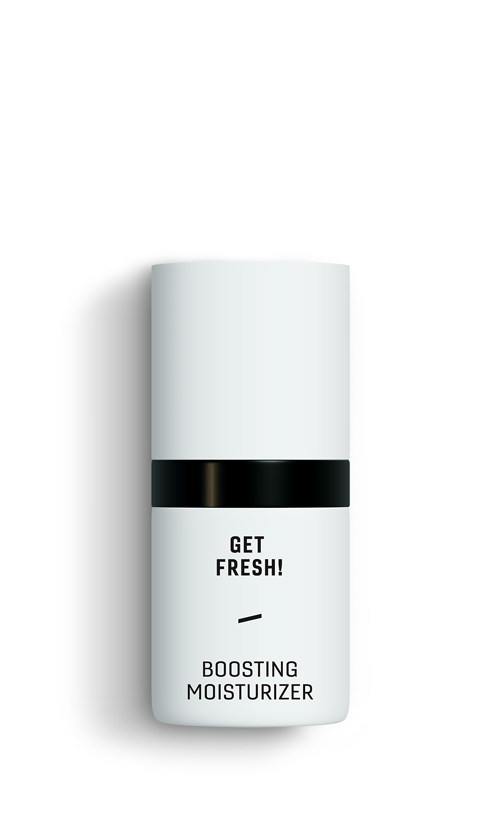Good mood, vitamin D and sun damage
The sun has a great influence on us
-
it supports vitamin D formation
-
it gives warmth and light
-
it puts us in a good mood
Unfortunately, it also has a negative influence on our skin.
The UV-A rays emitted by the sun penetrate deep into our outer protective layer and can damage cells there. UV-B rays, on the other hand, only reach the epidermis, where they can damage the DNA in the skin cells.
The melanin produced by the body itself - the body's own sunscreen, so to speak - protects our skin from solar radiation.
This is increasingly produced by special skin cells, the melanocytes, as soon as they are activated by UV light. The body´s own skin tanning develops.
How much protective melanin can accumulate in the skin varies from person to person.
Depending on the skin type, the body has a more or less long self-protection through melanin formation
-
skin type V, which tans very quickly, has its own protection of up to 90 minutes
-
the most sun-endangered, rather pale skin type I has a self-protection of maximum 10 minutes
Depending on the skin's sensitivity to the sun, a sunscreen with a correspondingly high sun protection factor should be selected.
For sensitive skin types, a sun protection factor of 50 / 50+ is absolutely recommended. But even the skin types that are not sensitive to the sun should protect your skin from the UV influence with a sunscreen. Be sure to pay attention to the ingredient information of your sunscreen.
Unfortunately, many manufacturers still use very bad and questionable ingredients that contain environmentally harmful chemicals, are hormone-active or have even been identified in cancer tumors. Especially suntan lotions for children are heavily criticized in this regard. When shopping, use scanning apps that reveal the ingredients and warn about dangerous creams.
Whether a permanent sun protection by a day cream is useful, is much discussed.
Against the permanent protection by the day cream with sun protection factor speaks the possible braking of the vitamin D production of the skin.
It is advisable to apply sunscreen individually according to one's own skin type and needs.
Shade protects only conditionally
If you think you don't need to apply sunscreen in the shade, you're wrong. Even in the shade, caution is advised! Depending on the density of the "shade", up to 50% of the UV rays still get through. Even a cloudy sky is no reason to do without sunscreen. It is estimated that up to 90% of UVA and UVB rays penetrate clouds.
UV radiation not only harms, it also has an important function
-
Vitamin D formed by UV radiation is very important for many metabolic processes in the body
-
UV radiation is necessary for the formation of vitamin D in the skin.
How much sun exposure is necessary for vitamin D formation?
-
Regular, short and moderate sun exposure = sufficient vitamin D production.
There are studies that show that sufficient vitamin D supply is ensured if we expose ourselves to moderate sunlight on a regular basis, but only for short periods of time.




